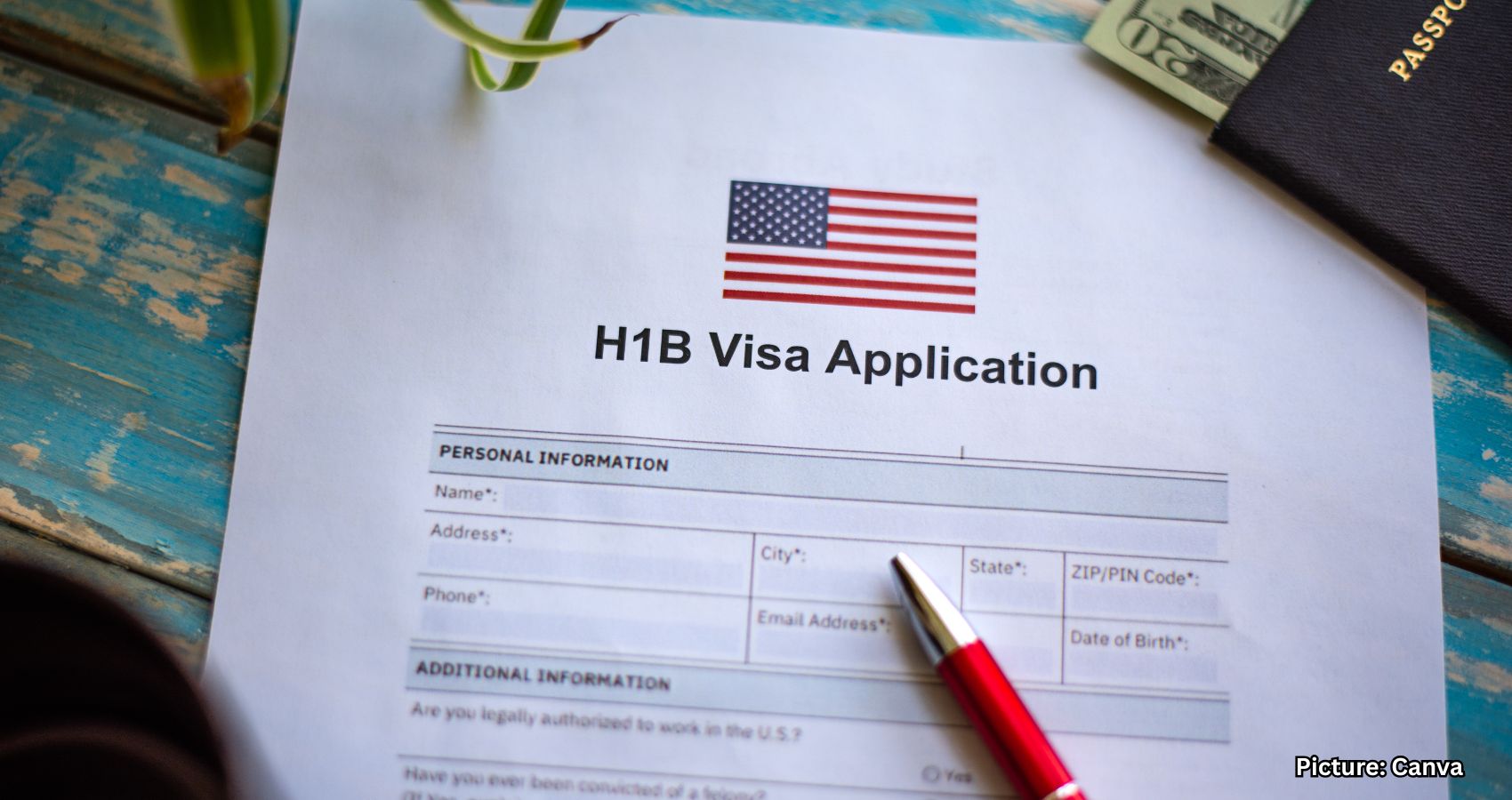The U.S. Senate Judiciary Committee is advancing a bipartisan initiative to reform the H-1B and L-1 visa programs, addressing concerns over corporate misuse and its impact on American workers.
The U.S. Senate Judiciary Committee is witnessing a rare moment of bipartisan cooperation as top Republicans and Democrats come together to propose significant changes to the H-1B and L-1 visa programs. This initiative is driven by concerns that large corporations have misused these visa systems, often at the expense of American workers.
The H-1B visa program allows U.S. companies to temporarily employ foreign workers in specialty occupations that require specialized knowledge, such as technology, engineering, and medicine. Designed to address labor shortages in fields lacking qualified U.S. workers, the H-1B visa is typically granted for up to three years, with the possibility of extension to six years. Each year, the program caps the number of H-1B visas issued at 85,000, which includes 20,000 reserved for applicants holding advanced degrees from U.S. institutions.
This program is highly competitive, with demand frequently surpassing the available visas, leading to a lottery system for selection. While the H-1B visa has been instrumental in fostering innovation and maintaining global competitiveness for businesses, it has also drawn criticism for potential misuse, wage suppression, and negative impacts on domestic employment. Policymakers continue to grapple with reforms that would balance the interests of employers, foreign workers, and the American labor market.
Among the proposed reforms, the Senators have suggested making job postings public and introducing a stricter definition of “specialty occupation,” which would require applicants to possess at least a bachelor’s degree.
Committee Chair Chuck Grassley, a Republican from Iowa, and Democratic ranking member Dick Durbin of Illinois have reintroduced the bill, which includes several key changes:
The legislation would empower the Labor Department to impose fees to hire 100 additional enforcement officers, aimed at increasing oversight of the visa programs.
It proposes stricter wage and hiring standards, ensuring that employers adhere to fair compensation practices.
Mandatory public job postings and narrower eligibility criteria for applicants are also part of the proposed changes, which aim to enhance transparency in the hiring process.
Additionally, the bill introduces new wage and hiring rules that prioritize H-1B applicants with qualifications in STEM fields. It seeks to tighten the definition of “specialty occupation,” mandating a bachelor’s degree as a minimum requirement for applicants.
Employers found in violation of wage rules would face fines or even debarment from the program, reinforcing accountability within the system.
This legislative effort comes on the heels of the Trump administration’s recent imposition of a $100,000 fee on new H-1B applications, which has intensified scrutiny of the visa program.
Grassley emphasized the original intent of the H-1B and L-1 visa programs, stating, “Congress created these programs as limited pathways for businesses to acquire top talent when it can’t be found at home. But over the years, many employers have used them to cut out American workers in favor of cheap foreign labor.”
The proposed changes aim to close existing loopholes and prevent misuse by large corporations that may prioritize cheaper labor over domestic employment. By tightening eligibility criteria, increasing enforcement, and emphasizing higher wage standards, the legislation seeks to protect U.S. workers while still allowing companies to fill critical skill gaps, particularly in STEM fields.
Public job postings and clearer definitions of specialty occupations are expected to promote transparency and fairness in the hiring process. These reforms could help restore trust in the visa system, ensuring it fulfills its original purpose of attracting top talent when genuinely needed, rather than displacing American workers.
Ultimately, this bipartisan approach reflects a pragmatic attempt to modernize immigration policies in a manner that supports both economic competitiveness and workforce integrity.
Source: Original article

